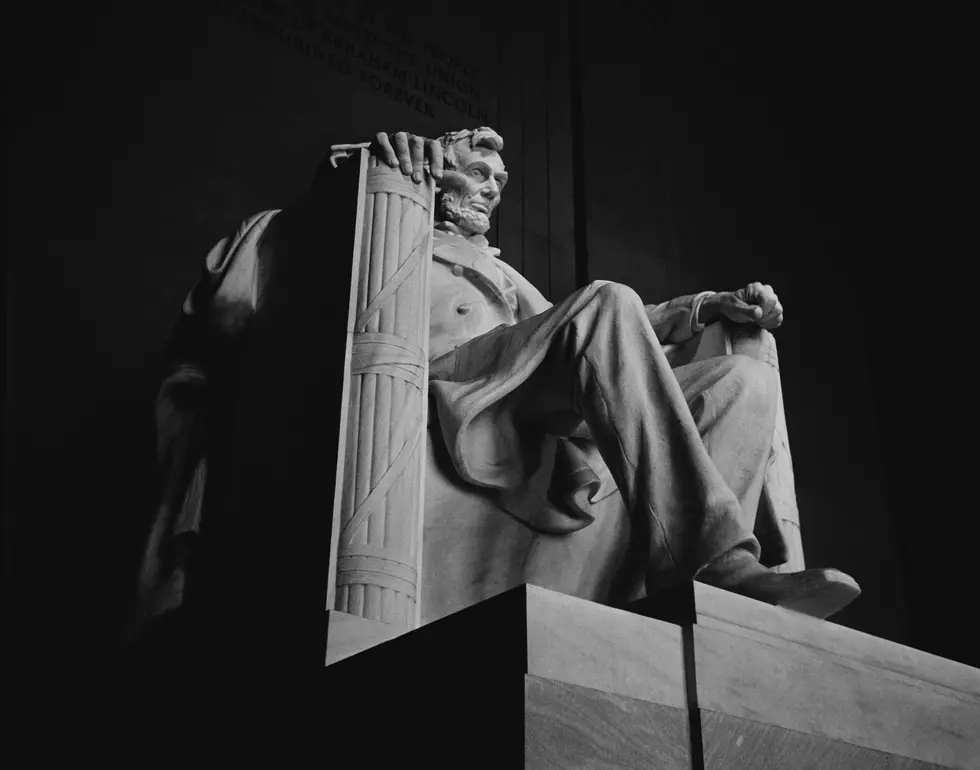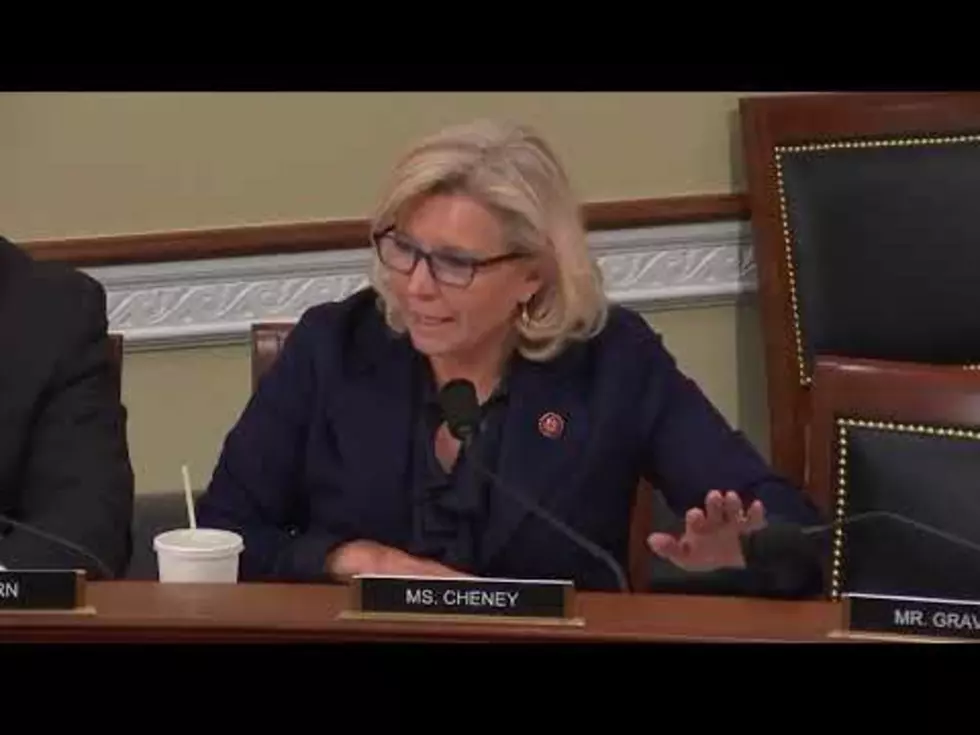
An In-depth Look At What’s Happening In The Middle East With Micah Halpern
Wednesday March 2, 2011
Salah President of Yemen convened a press conference yesterday. The president said that the unrest in the Middle East is caused by the United States and Israel.
Salah went on to say that there is an operational center in Tel Aviv dedicated to creating unrest and disrupting countries throughout the Middle East.
Salah is working the long standing history of conspiracy theories that run rampant throughout the Middle East where rumors suggest that Israel and the US control everything in the world.
The vitriol mimics the infamous Protocols of the Elders of Zion where Jews, in this case Israel, are responsible for all the evil in the world.
I have yet to hear anyone of important condemn the presidential pronouncement. That is truly telling. No one has condemned Salah. No one has asked Israel or the United States could even remotely be responsible for these events. No one.
Tuesday March 1, 2011
The price of oil per barrel has been going up and up - a natural outcome of the unrest in the Middle East. But over the weekend something changed - now oil prices are dropping and dropping. The price began creeping below $100 a barrel and is now at $97.
And yet, the price of gasoline continues to increase even as the price of oil goes down.
There is obviously a calculus that takes place determining oil and gas prices, a calculus that includes costs like refining and delivery. But we all know that the bulk of the price of gasoline is the cost of crude oil per barrel.
Bottom line is that the unrest in the Middle East is having a very clear impact on the cost of oil and the cost of oil has a clear and direct impact on the entire world. The trickle down effect touches everyone.
Monday February 28, 2011
Tripoli, the capital city of Libya, remains the stronghold of Ghadaffi forces.
Libya is filled with history. In Arabic Tripoli is actually called Tarablus - there is no pronunciation for the letter "P" in Arabic, all "P"s sound like our "B"s.
In Latin Tripoli means three cities, the three unified cities of Oea, Sabrata and Leptis Magna. This is where the Roman Emperor Marcus Aurelius' great triumphant arch is erected. Marcus Aurelius ruled from 161 -169.
For ancient Rome Libya was both as important and as difficult to control as it is for the West today. The ports of Libya are perfect for ships and export trade.
The only way the Romans could conquer the area of Libya was by defeating the local tribes. And so it goes today. If Libya's local tribes can bring themselves to unite, they can bring down Ghadaffi.
If they cannot bridge their own differences Ghadaffi has a better chance of remaining in position. Local unity or disunity is what will determine the future of Libya.
The history of Libya is still being written. There is still much to happen.
Sunday February 27, 2011
Protesters in Libya have begun taking steps towards reorganization and control.
Bengahzi, the second largest city in Libya with about 650,000 people, has been in the hands of the protesters for several days now. Ghadaffi loyalists have been ousted and in their place an interim city government has been appointed.
Bengahzi protesters have appointed former justice minister Mustafa Abdel-Jalil as interim governor and charged him with creating a transitional power team until Ghadaffi can be removed and new leadership put in place. This was reported by the Daily Mail.
Jalil is the minister who resigned from the Ghadaffi government over the oppressive techniques used by the dictator against the protester.
Jalil is the minister who announced to the world that Ghadafffi was personally responsible for the Lockerbie terrorist attack.
The situation in Libya could easily slip into a full scale civil war between the well armed Ghadaffi loyalists and the protesters. The best chance for the protesters is good organization. Building an infrastructure of leadership so that the people of Libya can see and feel that some semblance of normalcy can emerge from the alternative to Ghadaffi is a crucial first step in the right direction.
Read my new book THUGS. It's easy. Just click.
http://www.amazon.com/s/ref=nb_ss_gw?url=search-alias%3Daps&field-keywords=halpern%2C+micah
More From KGAB




![How Wyoming taxpayers dodged a bullet [OPINION]](http://townsquare.media/site/99/files/2019/04/gettyimages-150755757-594x594-2.jpg?w=980&q=75)

![Miller Moths Invade Cheyenne [PHOTOS, VIDEO]](http://townsquare.media/site/99/files/2018/06/miller-moth.jpg?w=980&q=75)
![Wyoming Needs More Human Clocks Displaying Beauty of State [Commentary]](http://townsquare.media/site/99/files/2017/05/77248291.jpg?w=980&q=75)

